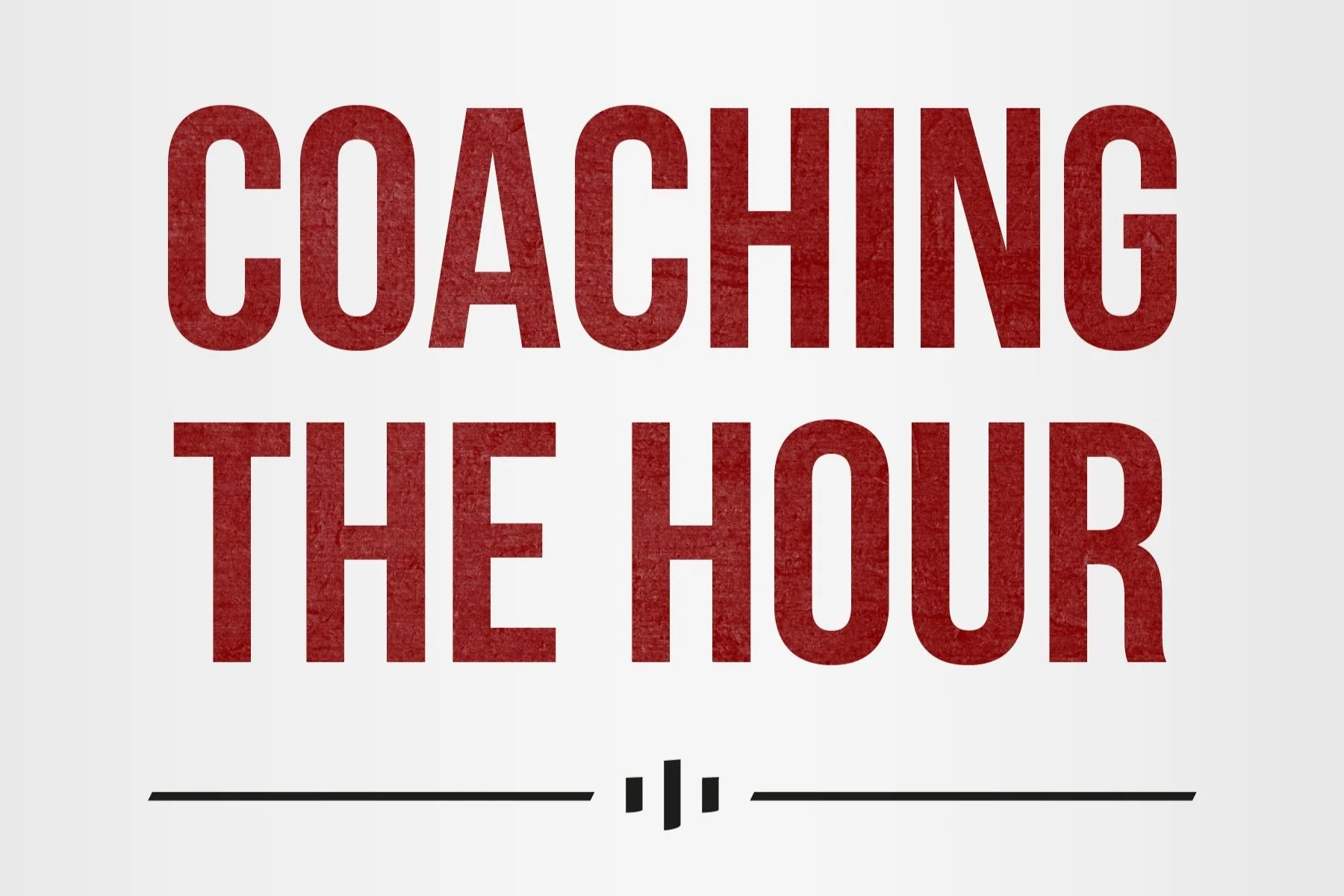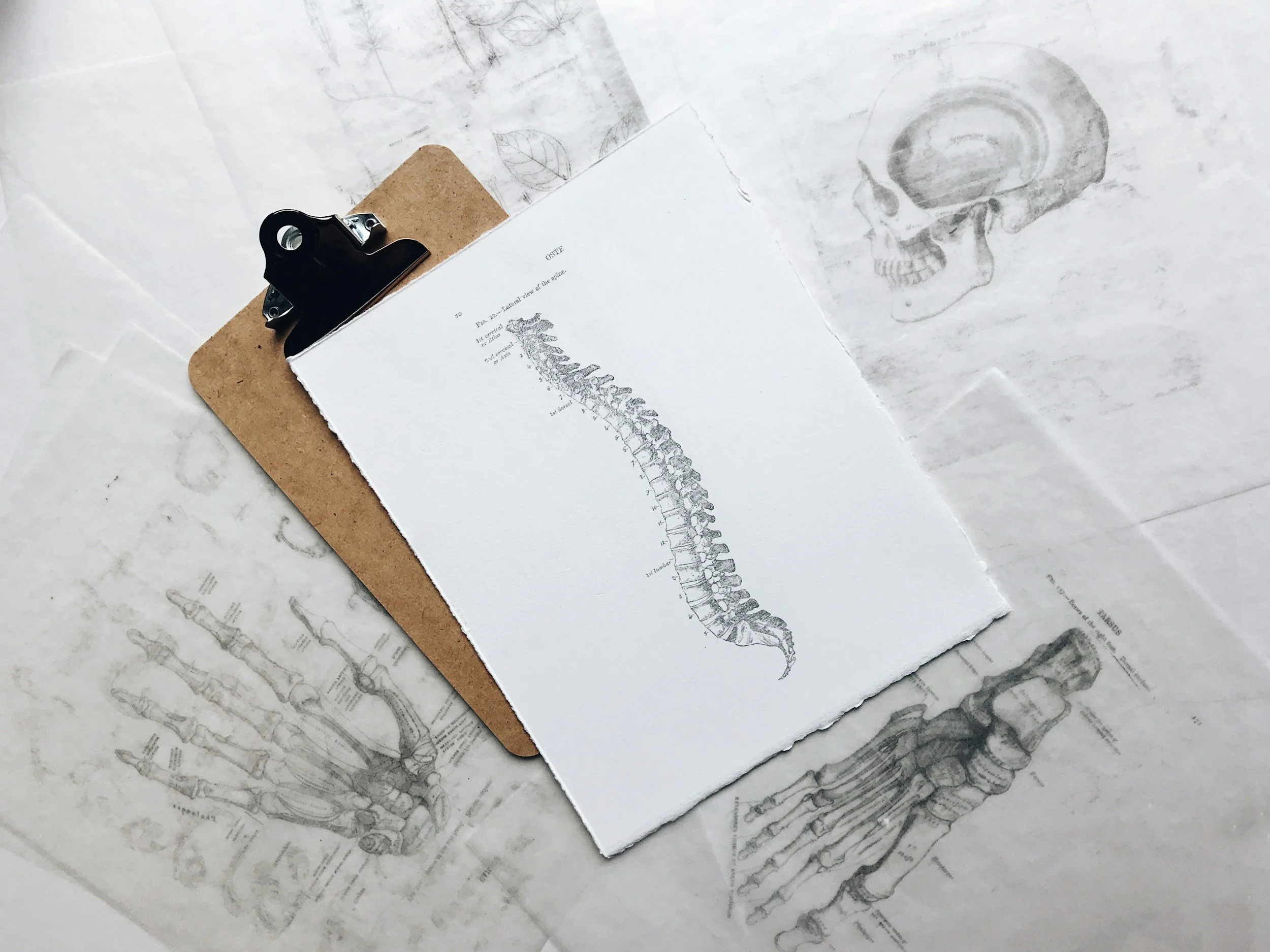Strength Training for Longevity: Why Muscle Beats Cardio in the Long Run
I remember watching my grandfather struggle to get up from his chair. He wasn’t sick. He wasn’t frail. He was just weak. The man who once carried me on his shoulders now had trouble standing up unassisted. It wasn’t some catastrophic event that took his independence—it was the slow erosion of strength, the kind that sneaks up on you when you least expect it. That’s when I realized: longevity isn’t just about living longer; it’s about living better. And if you want to stay strong, mobile, and independent well into old age, you need to lift some damn weights.
The Science: Strength > Cardio for Independence
Cardiovascular fitness gets all the glory. We hear about it constantly: "Run to live longer!" "Improve your heart health!" "VO2 max is the key to longevity!" And sure, cardiovascular health is important. No one is denying that. But when it comes to maintaining independence and a high quality of life as you age, muscle mass is king.
Let’s look at the research:
A 2018 study published in The Journal of the American Medical Association (JAMA) found that muscle mass is a stronger predictor of longevity than body mass index (BMI). The study followed 3,659 older adults and concluded that higher muscle mass was associated with a lower risk of all-cause mortality (Srikanthan & Karlamangla, 2014).
Research from the British Journal of Sports Medicine (2022) showed that strength training reduces the risk of all-cause mortality by up to 20%—independent of cardiovascular exercise (Momma et al., 2022).
Another study in The American Journal of Medicine found that low muscle mass was a stronger predictor of premature death than low cardiovascular fitness (Metter et al., 2002).
Here’s the reality: if you can’t get off the toilet without help, it doesn’t matter how good your VO2 max is.
Strength Takes Years, VO2 Max Takes Months
One of the biggest misconceptions is that you can just "get strong later." The truth is, developing real, functional strength takes years of consistent training. Meanwhile, you can maximize your VO2 max potential in just a few months.
A study in Medicine & Science in Sports & Exercise found that most people can train their VO2 max to its peak in as little as 8–16 weeks (Midgley et al., 2006). After that, improvements are minimal.
Compare that to strength training: A review in Sports Medicine showed that it takes at least 2–3 years of progressive strength training to get anywhere near your genetic potential for muscle growth and maximal strength (Ahtiainen et al., 2016).
In simple terms: You can get as fit as your genetics allow, cardiovascularly, in a few months. But it takes years to build the kind of strength that will keep you out of a nursing home.
Strength Training = A Better Life
Cardio might help you live longer, but it won’t guarantee you can actually live well. What’s the point of an extra decade if you’re too weak to enjoy it? Strength training ensures that you can move, lift, play, and stay independent—whether that’s picking up your grandkids or just carrying your own groceries.
The choice is clear:
Do both—but prioritize strength.
Train your legs, core, and grip strength—because those are the first things to go as you age.
Get strong now—because muscle is much harder to build when you're older.
Want to live long and actually enjoy it? Lift heavy. Stay strong. Stay independent.
Your future self will thank you.





